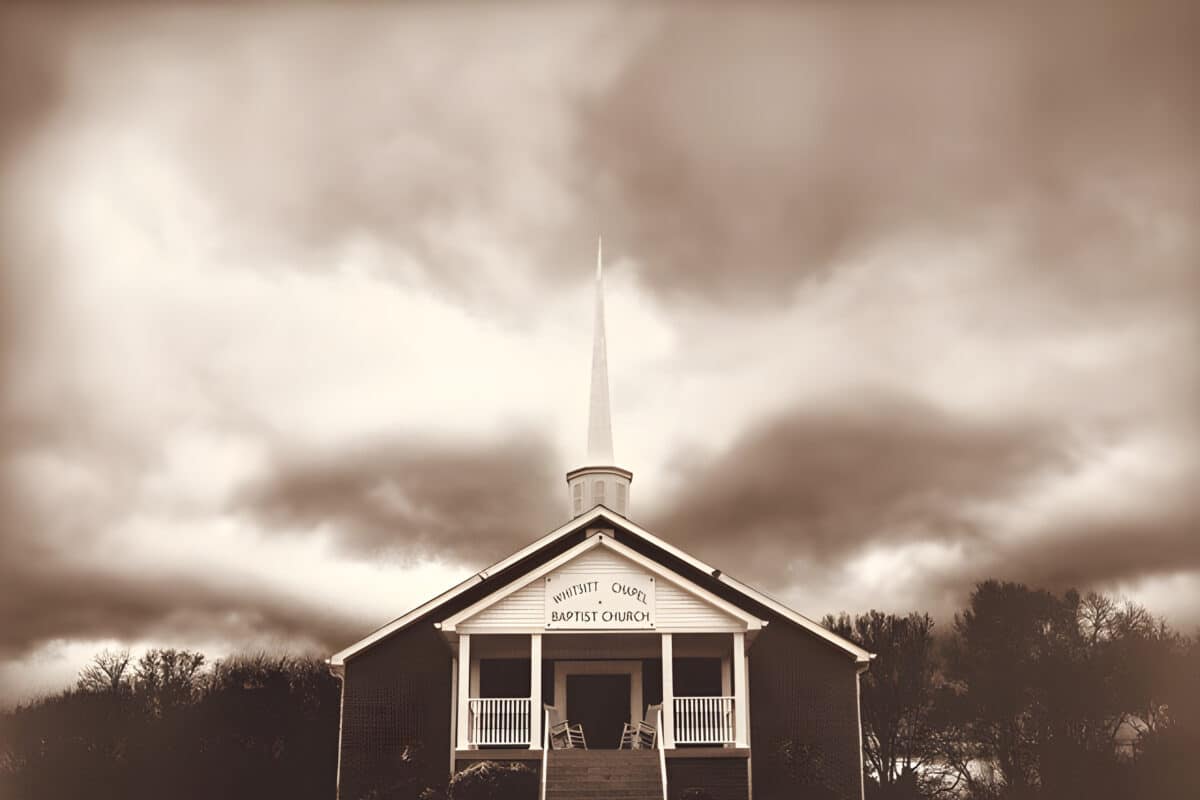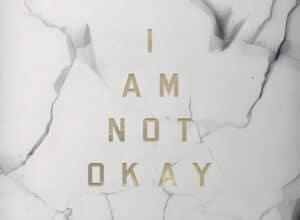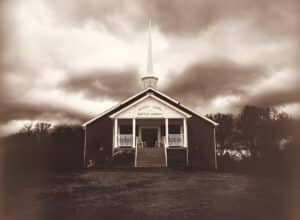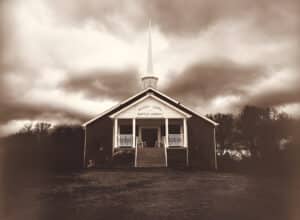Released: 2023
At its core, “Hungover In A Church Pew” is a raw and emotional journey of pain, regret, and seeking redemption. Jelly Roll paints a vivid picture of a man grappling with the aftermath of his actions, turning to the bottle for solace, and eventually finding himself in a church, hungover, reflecting on his mistakes and the hurt he’s caused.
The song kicks off with a nod to religious teachings about redemption and forgiveness, setting the stage for a personal story of struggle. When Jelly Roll sings, “She hit the road and I hit the bottle,” he’s laying it bare — his coping mechanism for heartache is to drink. But this isn’t just any night out; it’s a deep dive into self-destruction, with “smoke cigarettes and pour poison on my pain” symbolizing his attempt to numb the hurt. The mention of Teremana isn’t just about the alcohol; it’s a metaphor for trying to find an escape, however fleeting.
The chorus, “I’m hungover in a church pew / Girl, I hurt you, but I hurt too,” captures the essence of the song. It’s a confession, an admission of guilt, but also a declaration of his own pain. This pain drives him to church, not typically a sanctuary for the hungover, highlighting the internal battle between his actions and his conscience. The refusal of communion, “Piece of the bread and nip of the grape wine,” speaks volumes. It’s a self-imposed punishment, feeling unworthy of this gesture of forgiveness due to the guilt and shame weighing him down.
The bridge, “Got a long road, a broken heart / Ahead of me, I’ll be between / The Bible and a neon sign,” showcases the constant tug-of-war between sin and salvation, the nightlife that leads to pain, and the church that offers a path to redemption. This duality is central to the song’s narrative, encapsulating the protagonist’s struggle to find balance and peace.
Finally, the song closes by reminding us of the Christian belief in redemption through Jesus Christ’s sacrifice — a fitting end to a tale of personal downfall and the search for forgiveness. “Hungover In A Church Pew” isn’t just about the aftereffects of a night gone wrong; it’s a deeper exploration of human frailty, the consequences of our choices, and the universal quest for redemption.








